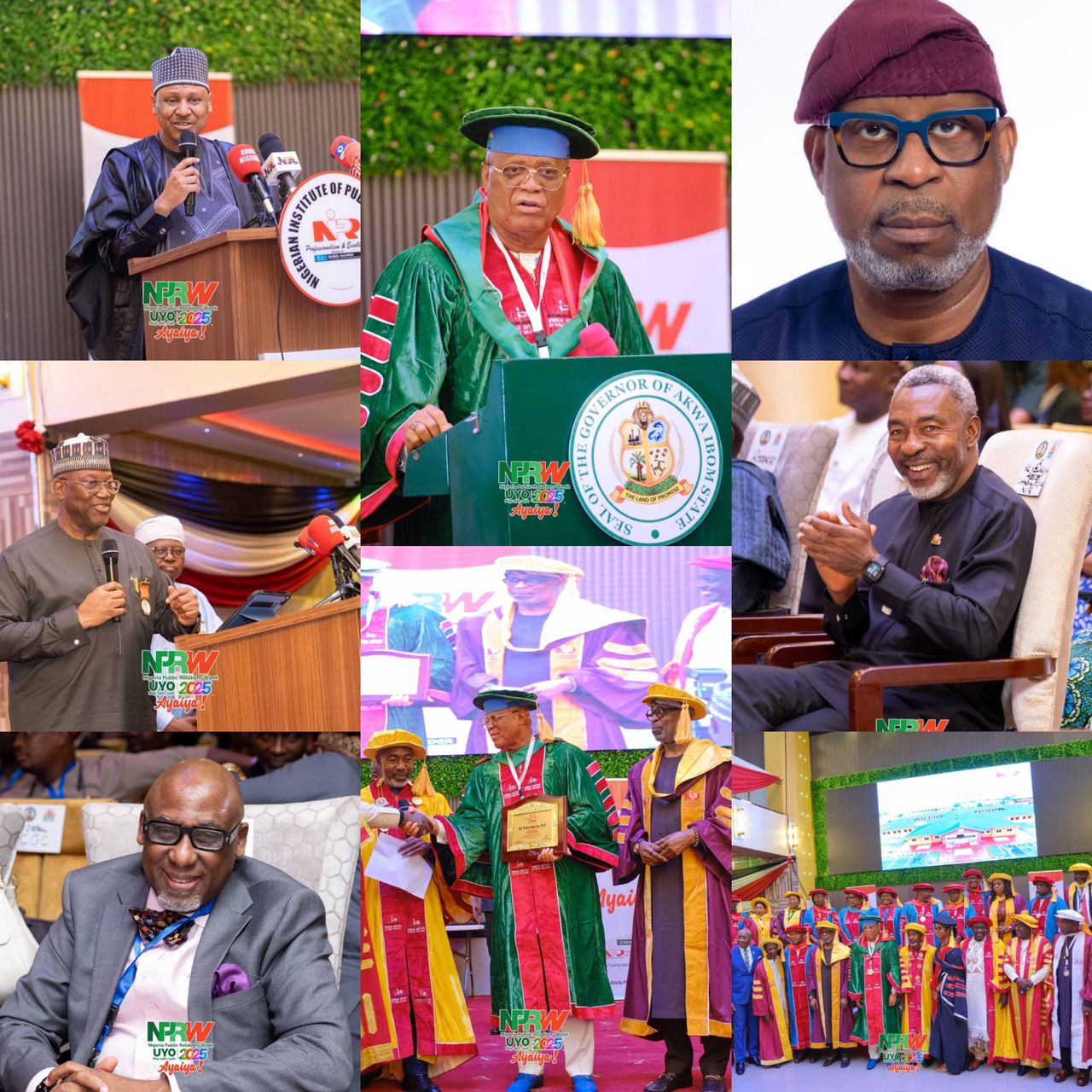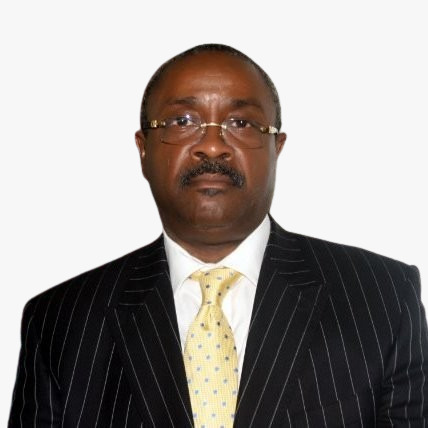The answers to Nigeria’s challenges of value disorientation, poor image projection, and economic stagnation may lie not just in policy but in how those policies are communicated. That was the consensus at the 2025 Nigeria Public Relations Week (NPRW) held in Uyo, Akwa Ibom State, where more than 1,000 communication professionals, policymakers, scholars, and reputation experts gathered to explore the role of public relations in unlocking the potential of Nigeria’s solid minerals sector.
The theme of the week-long event, “Solid Minerals: A Solid Path to Nigeria’s Sustainable Economic Recovery – The Challenge for Public Relations,” sparked a series of conversations that underscored the strategic value of PR as a nation-building tool. The event, hosted by the Nigerian Institute of Public Relations (NIPR), served as a call to action for both government and the private sector to reimagine how communication can drive sustainable development.
Setting the tone for the week, Yomi Badejo-Okusanya, fnipr, Chairman of the National Planning Committee, captured the mood of renewal among PR practitioners: “For too long, public relations in Nigeria and our Institute have been marginalized. Ironically, while we solve reputational issues for others, we neglected our own. Our profession needed its own PR.”
He credited the current NIPR leadership for what he described as a renaissance. “Under President Ike Neliaku, Vice President Prof. E.S. Dandaura, and the Governing Council, we’re witnessing a resurgence. NPRW Uyo 2025 is a testament to that – over 1,000 professionals under one roof proves we are a force to reckon with.”
That sense of professional reawakening was echoed by Dr. Ike Neliaku, President of the NIPR, who used his keynote address to assert that the country’s future rests not only in natural resources, but in how effectively its leadership can inspire, inform, and engage the public. “Public relations is the instrument that any country can use to stabilize, harmonize, and develop. There is no meaningful development without communication,” he declared. “Public relations is no longer a luxury. It is a necessity.”
Dr. Neliaku emphasized that the Institute was repositioning PR as a core instrument of statecraft, citing the formation of the Nigeria Reputation Management Group (NRMG) and the National Reputation Recovery Programme. “We are tired of people telling the wrong stories about our country. We will change that narrative ourselves. That is why the NRMG will lead a new strategic campaign to recover and reposition Nigeria’s global reputation,” he stated.
Akwa Ibom State Governor, Pastor Umo Eno, in his welcome remarks, tied the conference’s theme directly to his state’s economic diversification agenda. “We have moved away from dependence on federal allocation. Our Dakkada philosophy emphasizes enterprise, tourism, and natural resource development. Public relations is helping us shape the narrative that Akwa Ibom is open for business,” he said. “We are building infrastructure not just for its own sake, but to attract investment and build perception.”
Governor Eno challenged practitioners to help states reframe their identities. “Every state has a story. It’s your job to help us tell it. This conference, holding in our land, is proof that Akwa Ibom has become a destination for ideas, not just leisure.”
Minister of Information and National Orientation, Mohammed Idris, brought a federal perspective, warning that economic diversification without proper messaging will not succeed. “It is not enough to have a solid minerals roadmap. We must communicate its benefits clearly and consistently. Our ministry is committed to using PR as a vehicle to bridge the trust gap between government and the governed,” he said. He praised the NIPR’s efforts in setting a national agenda and stressed the importance of professional communication in countering misinformation.
Also lending strategic depth to the conversation was Dr. Dele Alake, Minister of Solid Minerals, who addressed the hard economic realities of Nigeria’s dependence on oil and the opportunities within the mining sector. “Our goal is to increase the mining sector’s contribution to GDP from 0.3% to 5% in the next few years. But perception is key. Investors need to trust that Nigeria is ready. That’s where PR comes in,” he said.
Alake lamented the negative perceptions surrounding mining—environmental degradation, insecurity, illegal operations—and tasked the PR community with correcting the narrative. “We are reforming the sector, creating regulatory clarity and security of tenure for investors. We need public relations professionals to help sell that story to Nigerians and the world.”
Echoing that mandate, John Momoh, Chairman of Channels Media Group and recently appointed Chairman of the NRMG, underscored the urgency of rebranding Nigeria from within. “Reputation is the new currency of nations. Without it, you cannot compete globally. Public relations must not just manage reputation – it must create it.”
Throughout the week, plenary sessions dissected how public relations can be embedded in national economic policies, especially in sectors like mining where public distrust is high. Prof. E.S. Dandaura, Vice President of the NIPR, explained: “The problem isn’t just that people don’t trust government. It’s that government hasn’t learned how to communicate with empathy, data, and consistency. That’s why strategic communication is more vital than ever.”
From academia to industry, a key theme emerged: that practitioners must evolve from mere message crafters to policy influencers. “The age of press releases is over,” said Segun McMedal. “We must now engage in evidence-based advocacy, framing public discourse and driving national priorities.”
The week also saw the unveiling of research projects, training initiatives, and PR curriculum frameworks aimed at raising the next generation of communicators. In the words of Neliaku, “We are building an army of narrative warriors – professionals who will reclaim the soul of this country, one story at a time.”
A town hall session titled “PR and the Nigerian Brand” featured testimonials from successful case studies across states and sectors. A notable panelist, media executive and practitioner, said: “We’ve seen how South Africa, Kenya, even Rwanda have used PR to reshape perception and attract tourism and investment. Nigeria must do the same—and we can.”
The week ended with a communique urging government at all levels to integrate professional PR units into economic planning teams. The NIPR pledged to support ministries, departments, and agencies with strategic communication tools for stakeholder engagement and behavior change.
As the curtains fell on NPRW Uyo 2025, one message resonated: that the road to sustainable recovery is paved not just with minerals, but with messages—crafted, credible, and compelling.
Also Watch: Getting recognised as an NIPR honorary fellow is a testament that







Comment
No comments found.